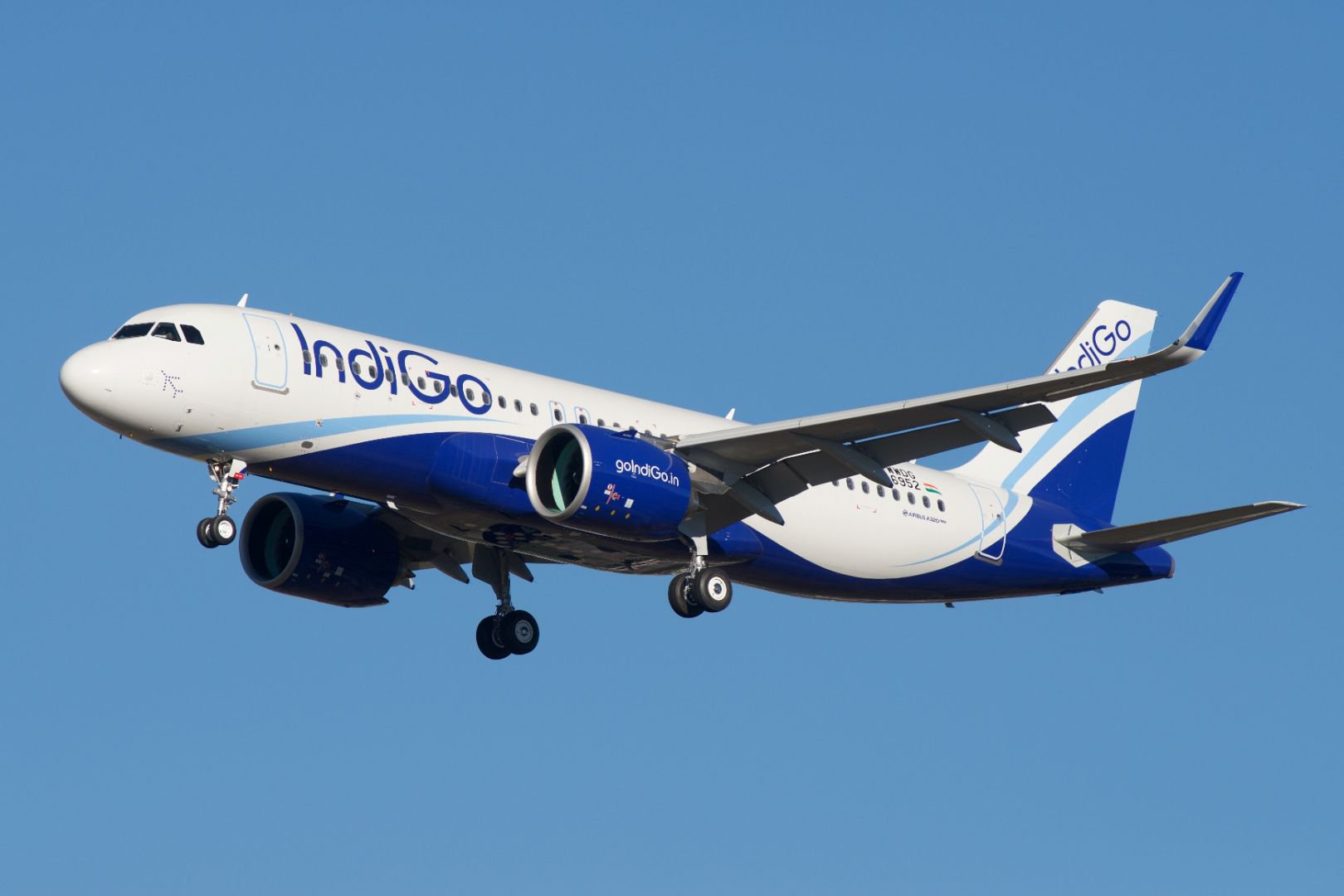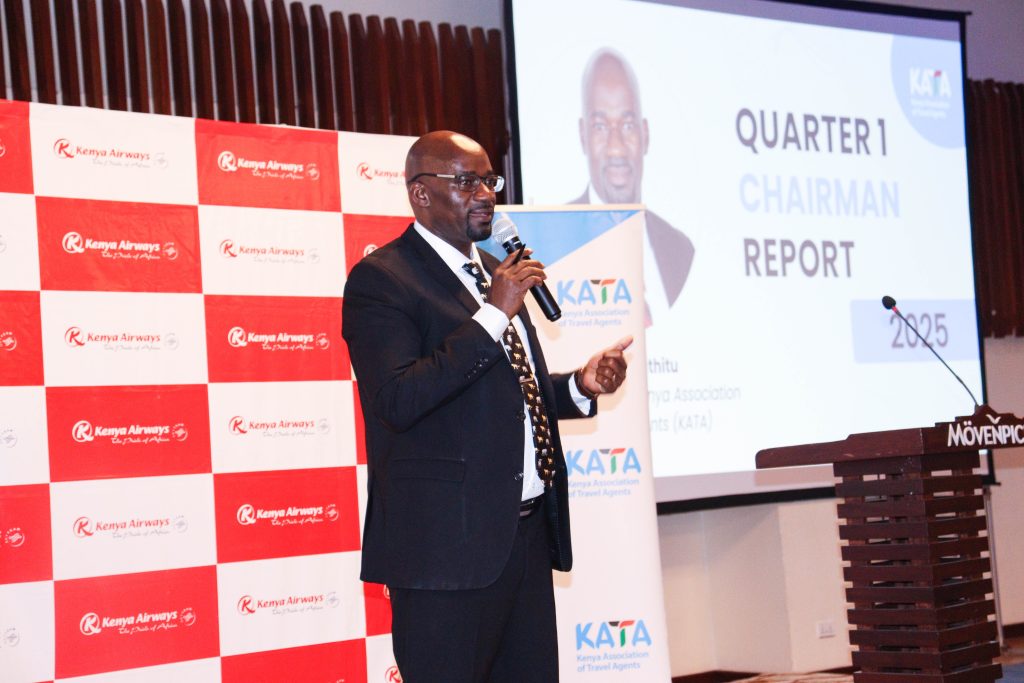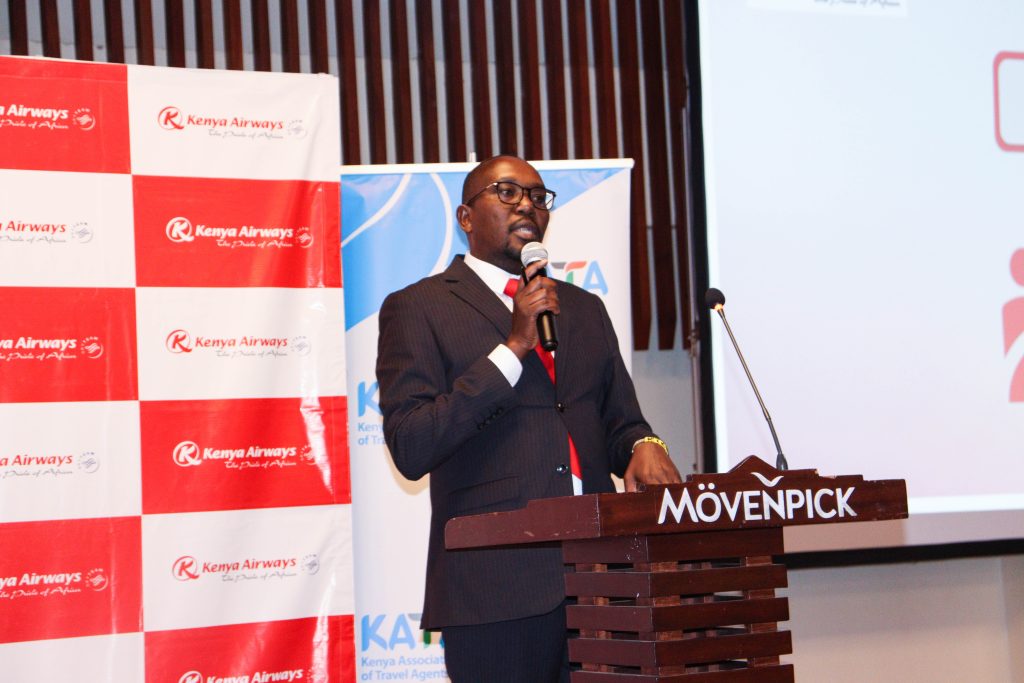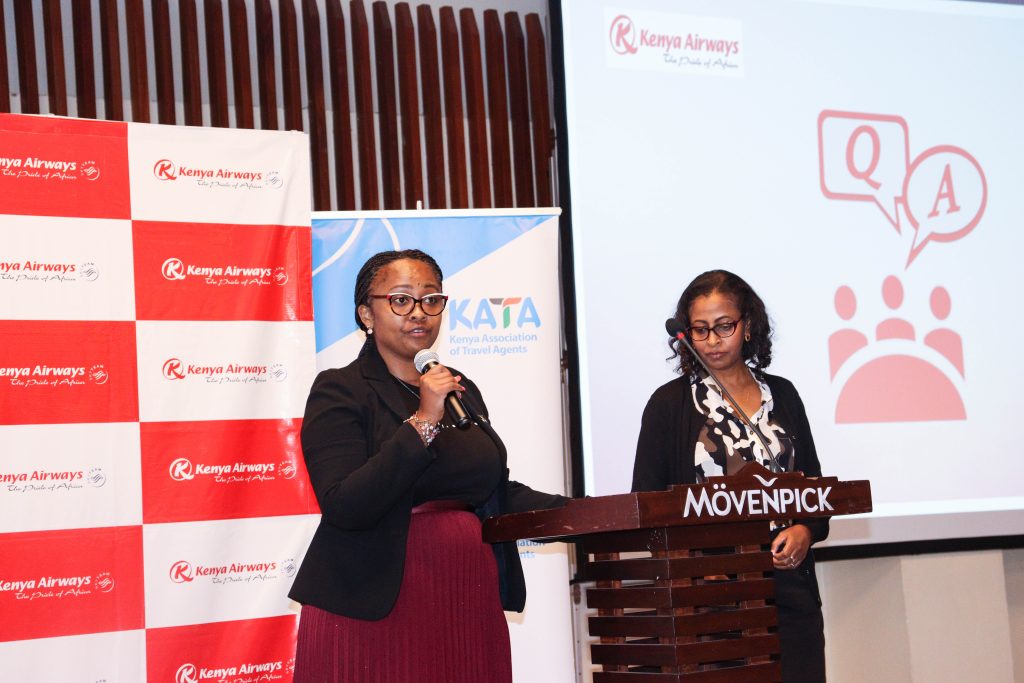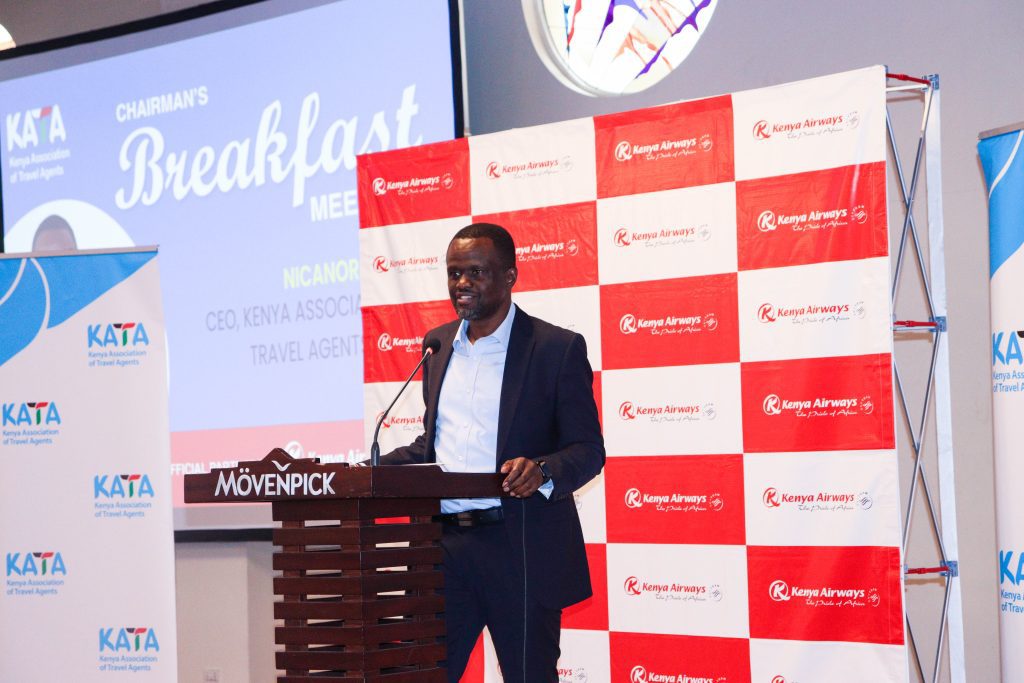Last month’s International Luxury Travel Marketplace (ILTM), held at The Norval Foundation in Cape Town, South Africa, provided many insights on the continent’s bevy of options for luxury travel experiences.
Joyce Oladeinde, Co-Founder, Crescendo Digital, spoke to attendees about how Africa is so often misunderstood by the rest of the world and treated as a single entity. However, she noted that it’s the second largest continent in the world and also the most linguistically diverse, with more than 2,000 languages—not to mention being the birthplace of humanity and having the youngest population in the world, with an average age of 19 years old.
“One of the biggest misconceptions when it comes to travel marketing is treating Africa as one place and one destination,” she said. “I want to change that mindset and emphasize that Africa is 54 countries, each with its own cultures, languages, and landscapes. We need to move beyond the one-size-fits-all strategy and instead highlight both the rich diversity and beauty of pan-African and cross-border experiences.”
As examples, she noted that Mauritius in East Africa is home to an underwater waterfall. The Seychelles boast the second-best beach in the world and are a stunning destination for honeymooners and luxury travelers. And while Africa is thought of as a hot weather destination, travelers can visit ski resorts in Morocco and Lesotho.
Megan De Jager, the Portfolio Director for Africa Travel Week and ILTM, said that in the past, luxury travel on the continent was all about high-end lodges, whereas now we’re starting to see a much bigger trend towards experiences.
“People want to go in and they want to experience the local culture,” De Jager said. “And if you’re looking at art, which is a tourism sector that’s grown, visitors don’t simply want to come and walk into a gallery. They want to meet with the artists. They want to see the crafters. Some of our hotels have significant art on the walls, where they do gallery tours—it’s no longer walking into a hotel and thinking, ‘Oh, it’s really pretty.’ Gastronomy always remains important here. Wine tourism is something that we’ve seen pick up. And we’re also seeing bursts of travel, with people coming for shorter trips, but they’re packing a lot in.”
De Jager noted that another important trend is ethical and sustainable travel. DMOs and tourism companies here are looking at inclusivity in the communities and asking, “How are we offsetting carbon footprints?” The other big change she sees is a shift toward focusing on regions of Africa for inbound luxury tourists, instead of individual countries. “For example, East Africa is marketing itself as one block. So, on one trip, you may tour through Tanzania, Kenya, Rwanda, and then come through to South Africa,” she said.
Something for everyone
“For traveler advisors, selling Africa presents an incredible opportunity, from high-value bookings to repeat business, and contributing to the conservation and community development of each local community in individual countries,” Oladeinde said. “For example, you can experience world class resorts and boutiques in East Africa; there are so many beautiful islands, which are great for wellness seekers or luxury private retreats. And for cultural explorers, who really want to experience the heritage of different countries, there’s so much Africa has to offer.”
Different parts of the continent offer very unique experiences, such as:
• In North Africa, visitors find a region where the lands of ancient civilizations meet the Sahara. This area is known for an abundance of UNESCO World Heritage Sites across Morocco, Algeria, and Tunisia. There are also world-class beach resorts on the Mediterranean Ocean and the Red Sea. Visits can include everything from camel treks to luxury camp resorts.
• West Africa, which is often overlooked, you’ll find strong tradition and culture. There’s much to explore, including myriad festivals. Nigeria is home to the heart of Afrobeat music, and features many music, film, and book festivals. For a lot of the African diaspora travelers from America, visiting the historical Atlantic slave trade sites are an opportunity to connect with their roots and learn more about the culture. There’s even plenty of water activities in lesser-known places like São Tomé and Príncipe, an island nation off the coast of Gabon.
• East Africa, perhaps most famous for the Great Migration, which you can experience across Tanzania and Kenya, is the largest movement of mammals in the world. It’s also a great place to experience the culture of some of the nomad tribes and immerse yourself into , and you get to learn a lot more and reimburse yourself into their way of life. This is also really great destination for gastronomy, especially in Kenya, Zambia, and Tanzania. Plus, Tanzania’s “spice island” of Zanzibar is famed for producing and exporting spices such as cumin, nutmeg, and cinnamon.
• Southern Africa has an abundance of wildlife safari parks, such as Kruger National Park, and visitors can also marvel at Victoria Falls in Zambia, which is one of the seven natural wonders of the world. Here, they can indulge in wine and gastronomic experiences. The country of South Africa itself is one of the top wine destinations in the world; here, you can unwind and experience local specialties like Pinotage, along with luxury lodges designed for wellness experiences.
Source: Travelpulse
















